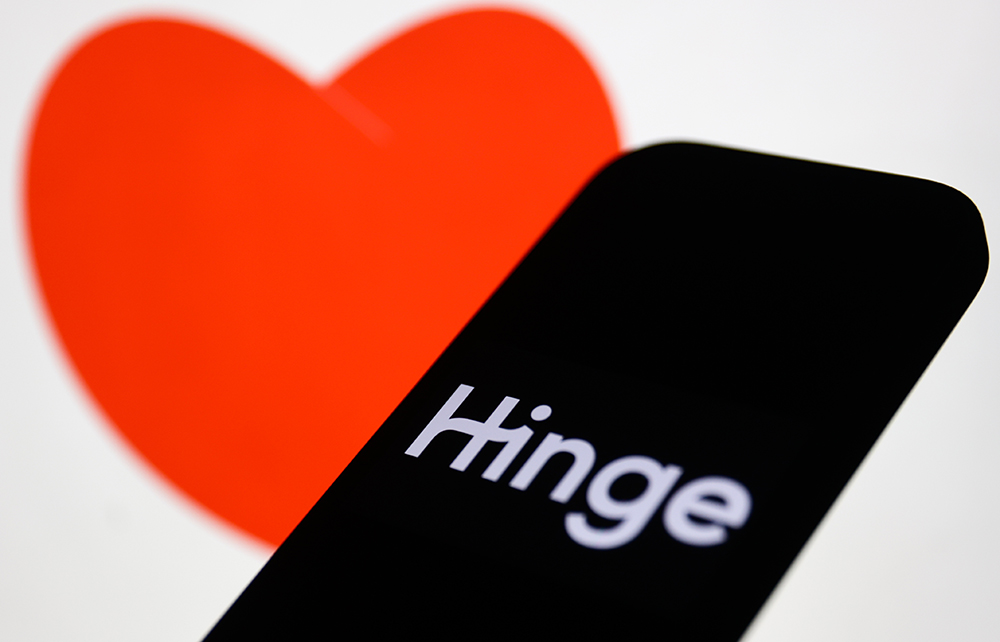Back to work, back to school, back to politics: the French call it la rentrée and my own summer idyll in their country must end soon too. Back to the miserabilism of Starmerland – where all news, especially good news, must be seen as bad.
What good news is that? I mean that shop prices fell this month by 0.3 per cent, after heavy discounting of non-food goods, for the first time since 2021; overall UK inflation having fallen close to the Bank of England’s 2 per cent target. Which makes autumn interest-rate cuts all the more likely, improving the outlook for mortgage borrowers and increasing the chance that the last two quarters’ strong growth will be sustained.
In short, the Tories left a recovering economy for Labour to derail. And that’s what’s about to happen thanks to a public sector pay spiral, burdensome workplace legislation and tax raids in October’s Budget. When the prime minister says ‘things will get worse before they get better’ what he really means is that – hog-tied as he is by his electoral promises and his union paymasters – he knows he’s about to make things worse but he hopes voters will swallow the barefaced lie that it’s all his predecessors’ fault. ‘Dull but honest’ was the campaign spin on Starmer. ‘Depressingly dishonest’ turns out to be a truer summary.
Wisdom of youth
Beside the swimming pool, I chat to twenty-and thirty-somethings, some of whom I’ve known all their lives, about their career choices and priorities. This year, two words keep cropping up, sometimes together: ‘sustainability’ and ‘consultant’.
The latter used to mean Harley Street specialist or high-level McKinsey adviser. Now it’s a label for ‘B2B’ (business-to-business) roles of all kinds. As for ‘sustainability’, older folk hate being hectored about it but it’s a serious issue that’s become the lodestar of the young in lines of work from agribusiness to sports sponsorship and luxury brands. One consultant in that last field delivered a fierce diatribe against Shein – the Singapore-based ‘fast fashion’ retailer that’s reportedly being courted to list in London – for the alleged sins of its outsourced supply chain in China, including recent instances of child labour, as well as massive use of air freight.
At a grey-haired gathering elsewhere, a knight of the realm who shall be nameless gave an equally passionate sermon on his faith in a committed younger generation to tackle global issues that seem, to their elders, insuperable. Perhaps it was the wine, but I was moved to agree with him.
Matchmaking
Another thing my young friends talk about a lot is internet dating. Many 25- to 34-year-olds these days seek partners via an app called Hinge – which quadrupled its global users between 2019 and 2023 to reach 28 million (3 million in the UK) and showed 39 per cent revenue growth last year. Worth a dabble for the investor? Maybe: shares in the US parent Match Group – which also owns Tinder for casual whoopee – have fallen 75 per cent from a pandemic peak and some online pundits sniff a recovery play. But never mind that, said a happy Hinge couple, why not just join up? Why not indeed? So I started answering the app’s questions until it told me terrifyingly that there were 2,307 women waiting to meet me and asked my name – at which point, to use an old journalist’s cliché, I made an excuse and left.
Bad coffee
Speaking of sustainability, I missed the job ad for chief executive of Starbucks – but since I’ve refused to set foot in its outlets for the past 15 years in protest at its tax practices and undrinkable coffee, I doubt I would have been offered an interview. That’s a pity, given reports that the successful candidate, Brian Niccol, could earn $100 million in his first year if he revives the chain’s flagging performance, which has been hit by pro-Palestinian consumer hostility (though the company denies any pro-Israel bias). Now climate activists are angry too, after the revelation that rather than being required to relocate, Niccol has been offered a private jet to take him regularly from his home in Newport Beach, California, to Starbucks HQ in Seattle, more than a thousand miles away; he can also use it for personal travel. For a company that boasts a commitment ‘to give more than we take from the planet’, that’s as offensive to the young as is, to me and to campaign groups such as the Fair Tax Foundation, its use of royalty and licensing payments to offshore companies to reduce its UK corporation tax bill to £7.2 million on £149 million of gross profits last year. Come on, kids, join my boycott.
Back to basics
High-end restaurants are abandoning show-off tasting menus, says the Telegraph, because many diners can’t afford them and others simply don’t want them; also, I’d guess, because they require too many sous-chefs at spiralling wage rates. Meanwhile, says the Financial Times, moderation has gone mainstream as young consumers drive falling booze sales by switching to no-alcohol drinks for reasons of cost and health; many, presumably, are also too busy on Hinge. And Michel Guérard, the chef who pioneered exquisite multi-course nouvelle cuisine in his restaurant at Eugénie-les-Bains, has died aged 91. A new era of austerity – let’s call it Starmertime – has begun.
I can recall Guérard’s mushroom truffle ravioli and jellied fois gras from 30 years ago, but these days I’m more of a back-to-basics diner myself. Which is lucky, because that’s also the way French hospitality seems to be heading: in friendly local restaurants such as L’Annexe at Daglan or Le Chien Vert at Besse, there’s ‘fish and chips’ and no fancy saucing. But my top tip this summer, lost in a rural loop of the Lot, harks back to Guérard with artful plates largely created from its own sustainable potager. Les Jardins at Parnac, €45 for five delicious courses.








Comments